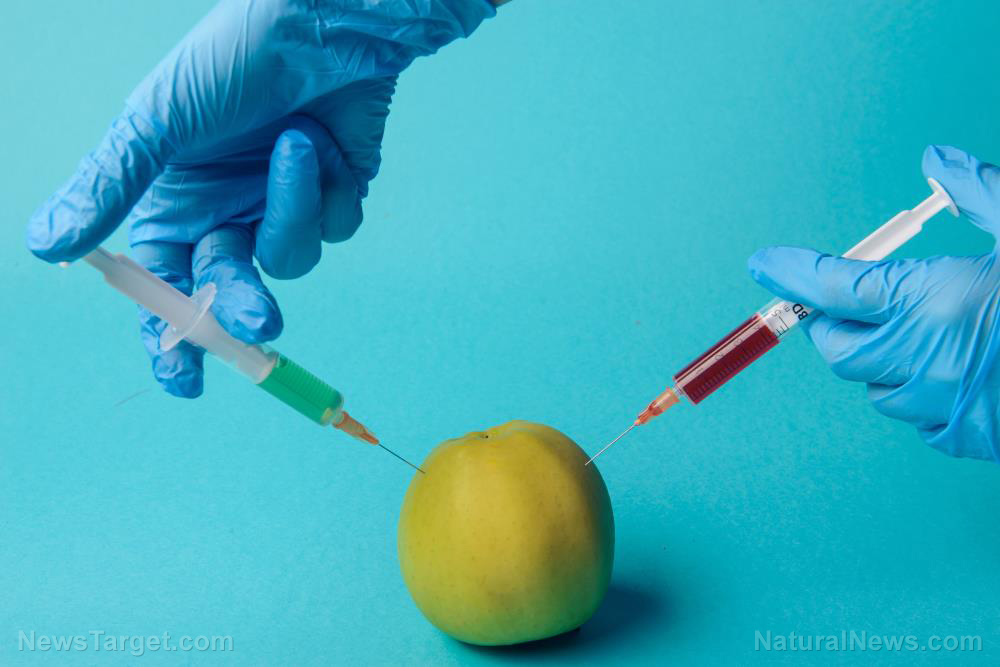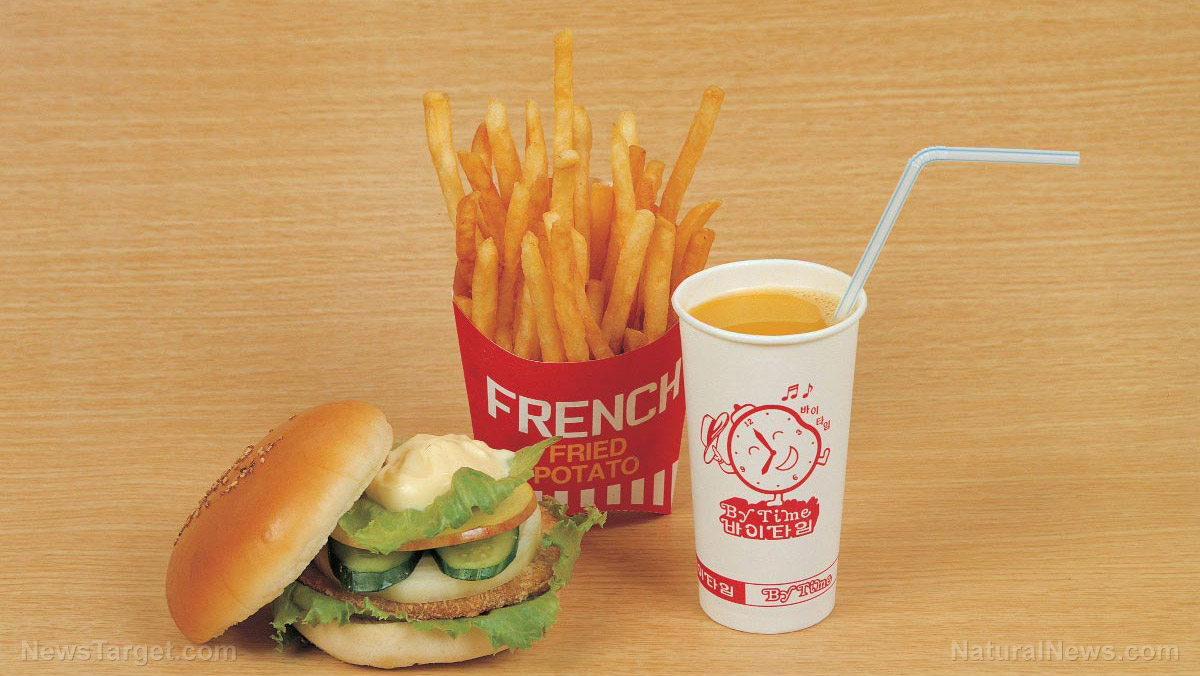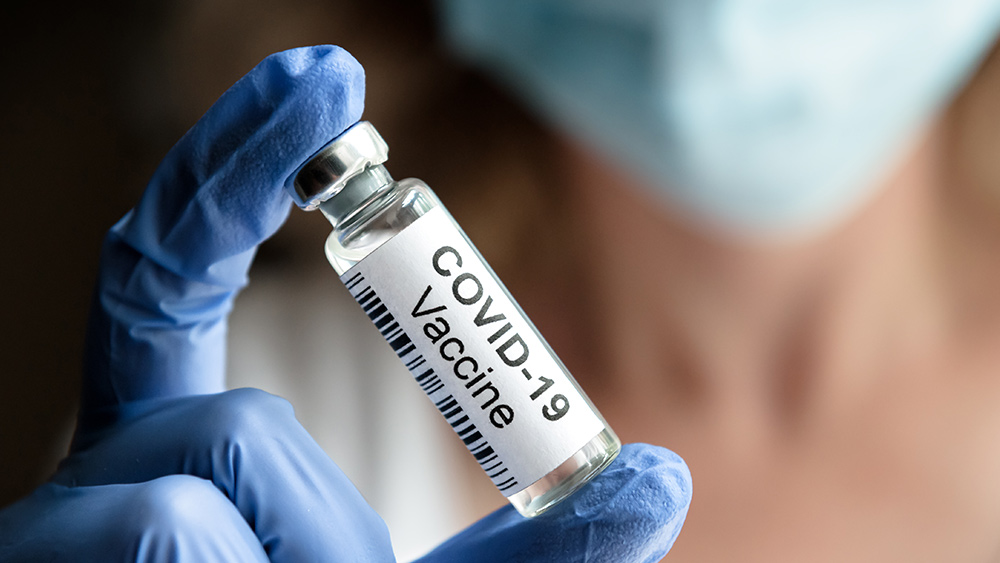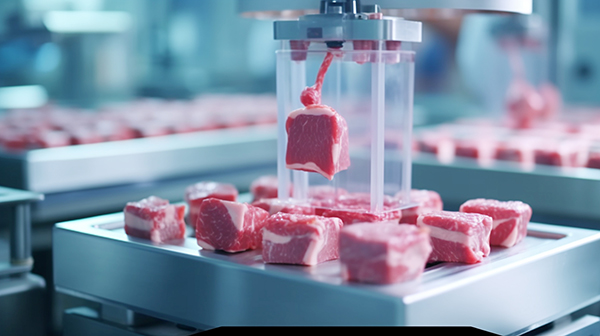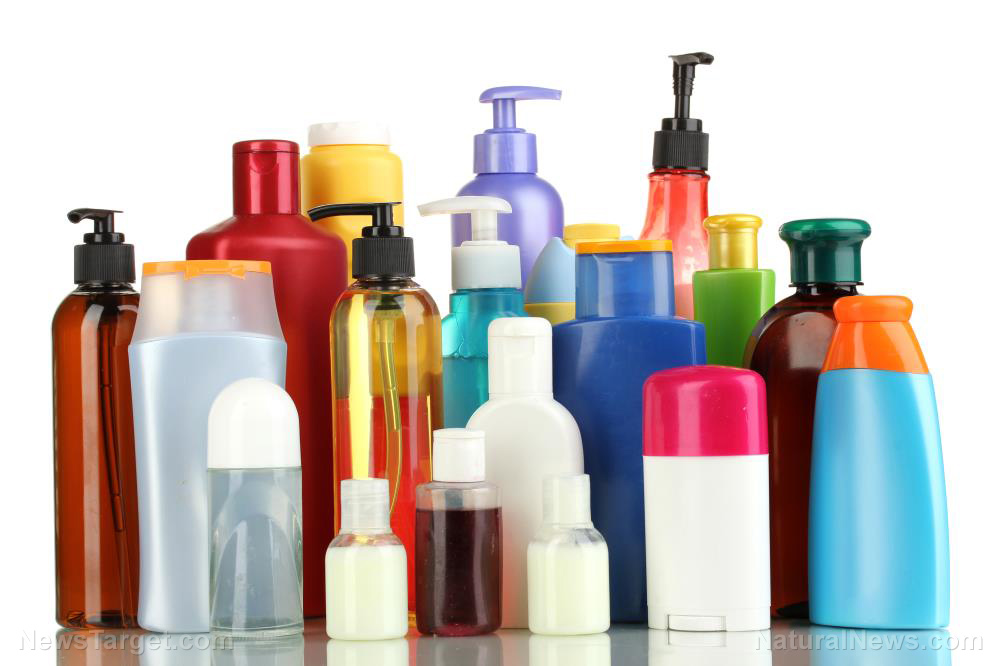
Enter: “BPA-free” products which were marketed to be safer, cleaner, and all-around good for the health. However, recent studies are suggesting that these alternatives may not as safe as initially believed.
Most BPA-free products are made with bisphenol S (BPS) which may just be as harmful as the chemical it was designed to replace. BPA is typically used to make hard plastics (such as those used for baby products). Any leftover BPA that was not consumed in the reaction process used to make the plastic container would leach into its contents. This is how many infants were contaminated with BPA. BPS was considered an ideal alternative as it was thought to be more resistant to leaching. The logic was simple: if people consumed less of the chemical, the less likely they would get sick.
But logic is as logic does. BPS still manages to get out. A 2018 study published in ACS Omega found that both American adults and children had trace levels of BPS in their urine. This may not seem too scary until you consider that even picomolar concentrations (or less than one part per trillion) of BPS can disrupt normal cell function. This dysfunction can potentially lead to metabolic disorders, birth defects, and even cancer. (Related: BPA alternative, bisphenol S, just as dangerous – even tiny concentrations of BPS can impair brain development.)
A 2014 study sponsored by the University of Cincinnati (UC) found that BPS had similar toxic effects on the heart as was previously associated with BPA. The study’s lead investigator, Dr. Hong-Sheng Wang, an associate professor at UC's pharmacology and cell biophysics department, warned that "there is implied safety in BPA-free products. The thing is, the BPA analogs—and BPS is one of them—have not been tested for safety in humans."
Safer alternatives
Ideally, we should not be using plastics at all, but this is not possible. The best we can do is to minimize our exposure to plastic containers. You can try some of these safer alternatives:
- Glass and ceramic -- Ceramic mugs, glass drinking bottles, and the like are safe to heat and will not leach chemicals into your food and drink.
- Stainless steel -- Make sure that you use cookware options that are food-grade.
- Silicone -- Try using food-grade silicone reusable bags.
- Wood -- Looking for friendly materials for your children? Why not gift your child with a wooden toy?
- Fabric -- Opt for fabric or leather alternatives when looking for a new bag. There are also fabric dolls for kids. Try getting dolls that are made from 100 percent organic cotton.
If you have to use plastic, try to practice these good habits:
- Do not purchase products that are labeled with a “7.” The #7 category is a catch-all for all polycarbonate and “other” plastics. Not only are “7” items not reusable or recyclable, they most likely contain BPA or BPS.
- Do not heat plastic, or place them in a microwave or dishwasher. Heat breaks down particles, leaching them into the contents.
- Use sparingly. Be mindful of your plastic consumption.
Read more about the dangers of BPA at Chemicals.news.
Sources include:
Please contact us for more information.

















